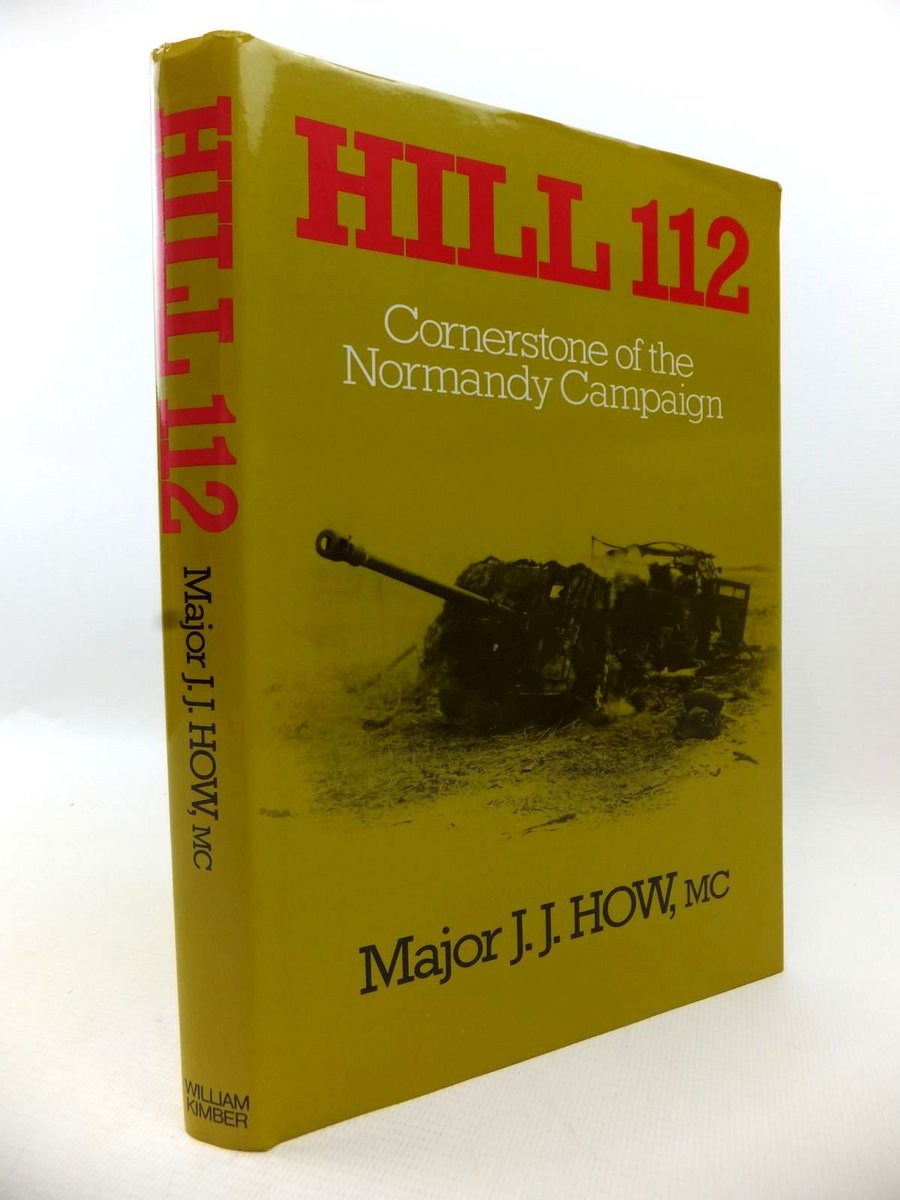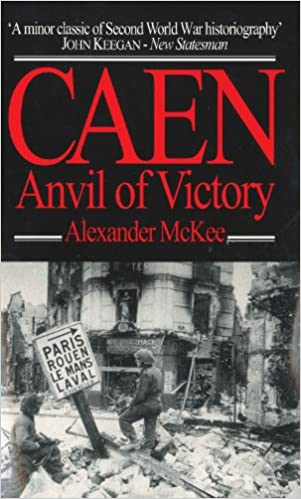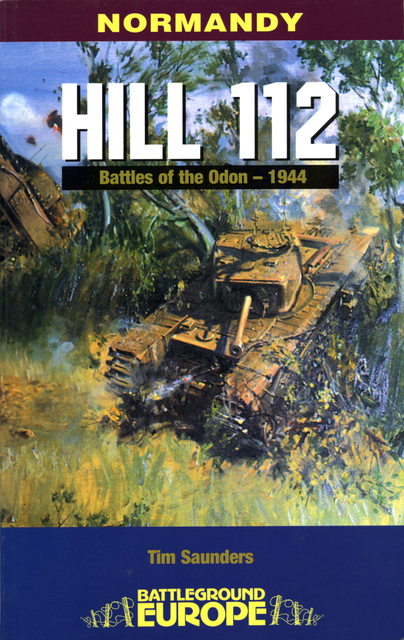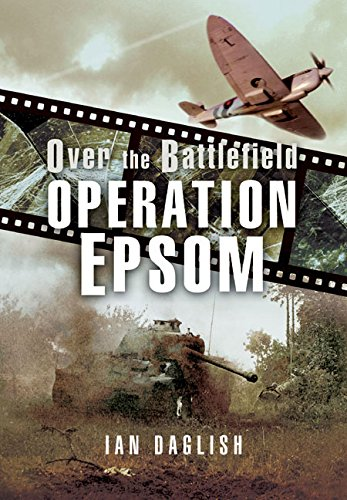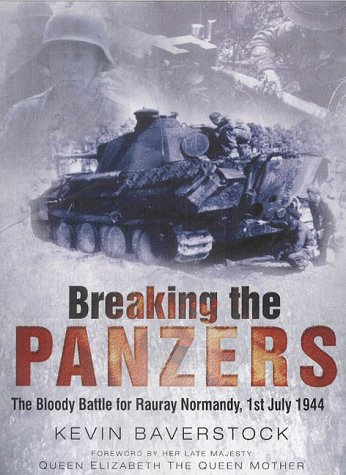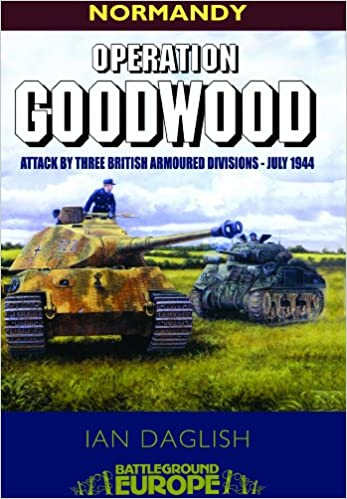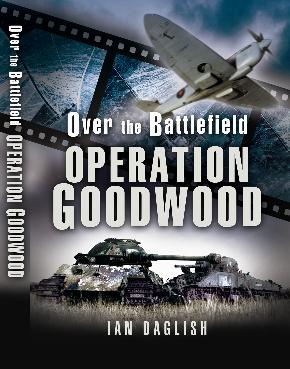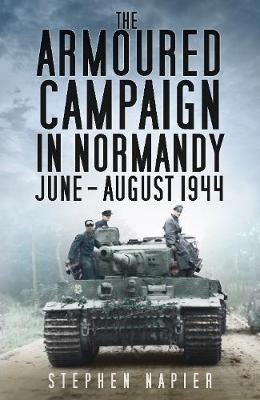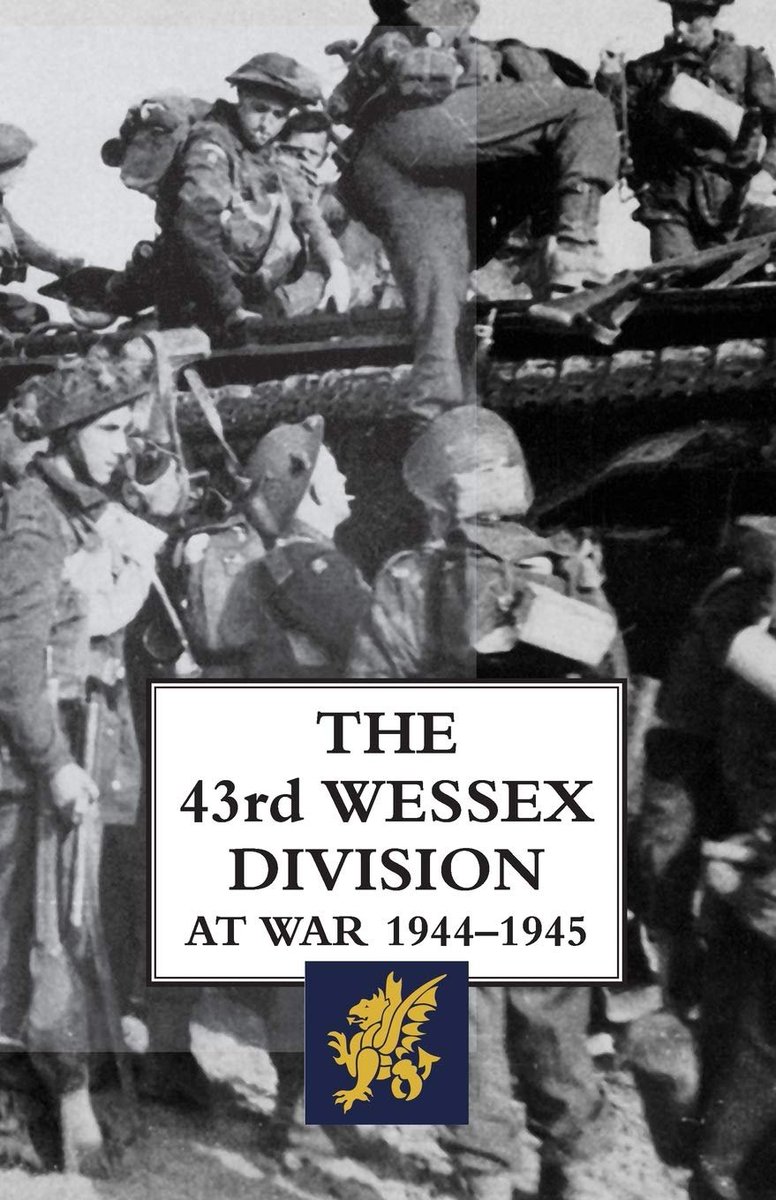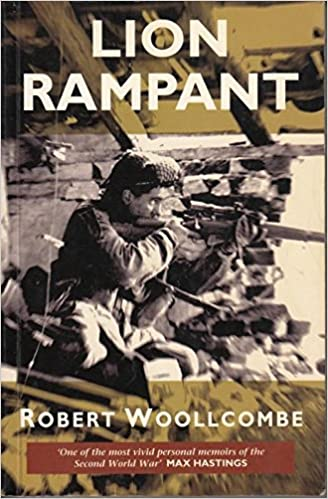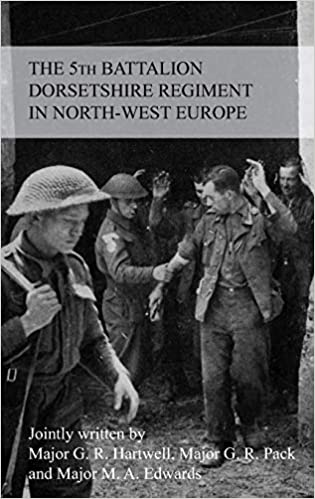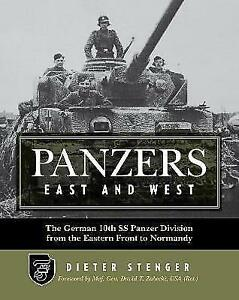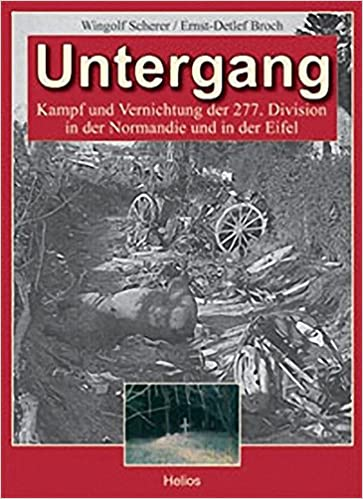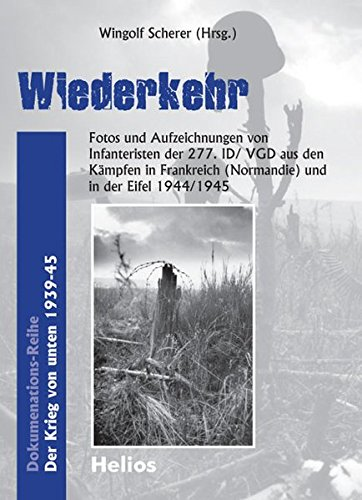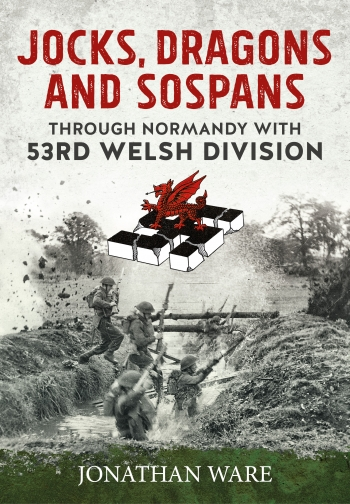Hill 112 is the definitive inland Normandy battle, but remains spectacularly misunderstood - like much of the campaign.
So if you want to know more... what's to devour and what's to avoid? /1
#WW2 #SWW #History https://twitter.com/thorny182/status/1342881073236209667
So if you want to know more... what's to devour and what's to avoid? /1
#WW2 #SWW #History https://twitter.com/thorny182/status/1342881073236209667
Major J.J. How's Hill 112 is currently the definitive study but contains some seriously flawed elements relating to Greenline and the end of the battle. Really establishes the myth that the Hill was never taken.
It was.
As a whole, flawed masterpiece. /2
It was.
As a whole, flawed masterpiece. /2
McKee's Anvil of Victory somewhat frames it in a wider context, but really falls short in the attempt. McKee gets overly bogged down in apologism for an extended chunk which can make it hard going. /3
Tim Saunders' Hill 112 is arguably the most recent dedicated publication to the battle, but suffers from some astonishing decisions to promote characters from Cpl to Lt and radically shift perspectives.
It is alright but falls down post-Epsom and even Jupiter is weak. /4
It is alright but falls down post-Epsom and even Jupiter is weak. /4
In this regard it is arguably the worst of these books on the battle as I've grown more sceptical as it feels a bit like Saunders overly massages material.
This caused me major problems in fact checking the account, and left me rather cynical as to wider merit. /5
This caused me major problems in fact checking the account, and left me rather cynical as to wider merit. /5
Ian Daglish's Epsom is fantastic, like all his Over the Battlefield publications.
This is bloody accessible, contains tons of appendices and opens up wider discussion.
A book that opened up solid rebuttal to revisionists.
Buy it. /6
This is bloody accessible, contains tons of appendices and opens up wider discussion.
A book that opened up solid rebuttal to revisionists.
Buy it. /6
Baverstock's Breaking the Panzers is focused on Rauray and again, another hyper engaging/accessible book exploring the failed counter-attack at Rauray.
Essential reading for understanding how Panzergruppe West's woes continue into late July. /7
Essential reading for understanding how Panzergruppe West's woes continue into late July. /7
You can't understand Goodwood without Hill 112.
Hill 112 is a mini-campaign in of itself and problems in the Odon Valley helped push Dempsey towards an armoured showdown.
All these are recommended. /8
Hill 112 is a mini-campaign in of itself and problems in the Odon Valley helped push Dempsey towards an armoured showdown.
All these are recommended. /8
Dunphie and Napier are arguably the least relevant in this regard, but the latter's GW analysis is almost certainly the best out there and explores complex tank destruction figures with clarity. /9
When it comes to the battle for Hill 112 it's best to anchor it around the changes from Epsom, Scottish Corridor, Charnwood, Jupiter, Greenline/Goodwood, raids/August - in terms of wider narrative.
How sorta does this.
Sorta. /10
How sorta does this.
Sorta. /10
43rd Wessex Division's history by Essame has been reprinted by Naval and Military Press, and tends to be bloody good: doubly so in terms of structure. /11
Robert Woolcombe's Lion Rampant explores his experience with 6 KOSB and is just excellent. Unfortunately it's become a bit of a crux for historians/PME/researchers as it is so accessible - there are other great memoirs out there. /12
N&MP also reprinted 5th Dorsets' history.
All of 43rd Wessex' various bn histories are relatively easy to track down (anyone who says other wise is just trying to artificially inflate prices and is being dead cheeky).
Read the lot. /13
All of 43rd Wessex' various bn histories are relatively easy to track down (anyone who says other wise is just trying to artificially inflate prices and is being dead cheeky).
Read the lot. /13
One problem regarding Express and Jupiter is a general lack of photographic record, which stems from to casualties among AFPU personnel - with some German sources pointing to the team being killed in a well set ambush. /14
There is also a notable trend for people to not look over the other side of the Hill.
At all.
Dieter Stenger's Panzers East and West explores 10th SS-Panzer, but heavily relies on German sources w. minimal cross-ref at times. /15
At all.
Dieter Stenger's Panzers East and West explores 10th SS-Panzer, but heavily relies on German sources w. minimal cross-ref at times. /15
So you get some fantastic insights and perspectives but a number of events and data points, raids/tank destruction figures, are heavily exaggerated - esp when we sometimes have British wireless transcripts during the relevant periods. /16
On a side note Rommel's strafing incident directly ties into the battle of Hill 112.
Just saying. /17
Just saying. /17
Wingolf Scherer's two books on 277th Infanterie are masterful, compassionate works.
Absolutely essential reads and contain myriad muted perspectives on the campaign.
More of this pls.
Much less fabricated Eckhertz eurofasch boomershit pls. /18
Absolutely essential reads and contain myriad muted perspectives on the campaign.
More of this pls.
Much less fabricated Eckhertz eurofasch boomershit pls. /18
Finally I shamelessly add my own Jocks, Dragons and Sospans. The first vol explores much of the battle at length, with the second wrapping up the campaign for the first time. /19
The core thing I can't understate enough is how poor the quality of engagement with this battle has been, due to myriad complex reasons - and the British Army's institutional reticence to properly engage with Normandy bar a few warped case studies. /20
It defines the campaign like almost no other engagement, and comes to dominate British and German thinking.
Yet a lot of dross is still said and written about it.
Fingers crossed discourse eventually elevates a bit. /thread
Yet a lot of dross is still said and written about it.
Fingers crossed discourse eventually elevates a bit. /thread
One small addendum is much material is out there but you have to dig.
Also it's another area where IWM's image fees have absolutely throttled exploration of this muted narrative. Anyone who argues other wise has no idea of the relevant datasets - or is just blind.
Also it's another area where IWM's image fees have absolutely throttled exploration of this muted narrative. Anyone who argues other wise has no idea of the relevant datasets - or is just blind.

 Read on Twitter
Read on Twitter